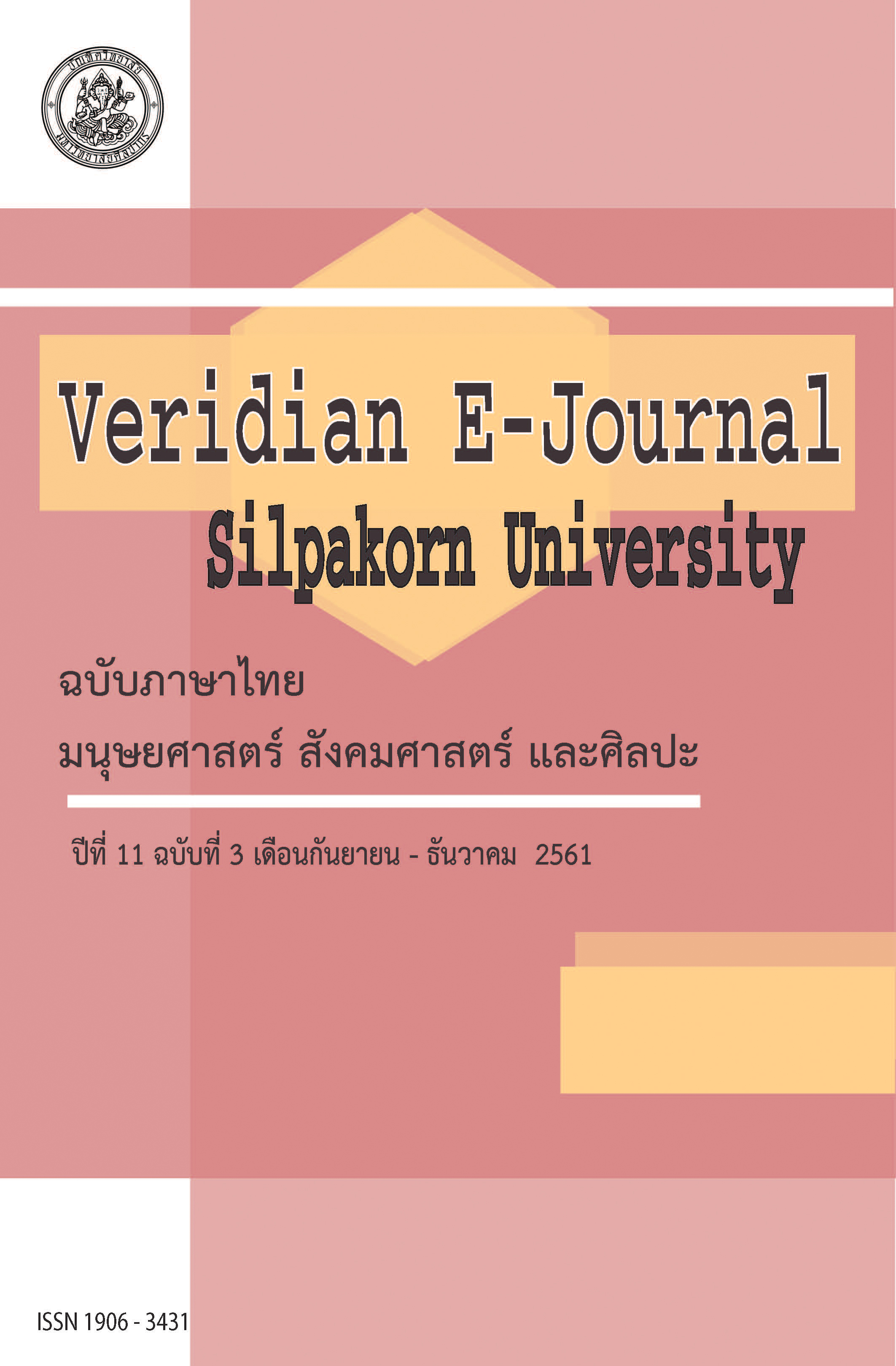ปัจจัยที่ส่งผลต่อความตั้งใจเลิกสูบบุหรี่ของผู้นำศาสนาใน 5 จังหวัดชายแดนใต้ (Factors Affecting the Decision to Quit Smoking of the Religious Leaders in Five Southernmost of Thailand)
Main Article Content
Abstract
การวิจัยนี้เป็นการวิจัยเชิงบรรยายมีวัตถุประสงค์เพื่อ 1) ศึกษาอัตราการสูบบุหรี่ในกลุ่มผู้นำศาสนาใน 5 จังหวัดชายแดนใต้ และ 2) ศึกษาปัจจัยที่มีอิทธิพลต่อความตั้งใจเลิกสูบบุหรี่ของผู้นำศาสนาใน 5 จังหวัดชายแดนใต้ จังหวัดละ 2 อำเภอ ในและนอกเขตเทศบาล ยกเว้นจังหวัดสงขลา มีหนึ่งอำเภอ กลุ่มตัวอย่าง จำนวน 901 ราย เลือกตัวอย่างแบบเจาะจง (Purposive sampling) เป็นผู้นำศาสนาประจำมัสยิดทั้งในและนอกเขตเทศบาล เครื่องมือที่ใช้ในการวิจัย เป็นแบบสอบถามที่ผู้วิจัยสร้างขึ้น ประกอบด้วย ปัจจัยส่วนบุคคล ปัจจัยทางจิตสังคม และปัจจัยสิ่งแวดล้อมทางวัฒนธรรม เก็บข้อมูลระหว่างเดือนพฤศจิกายน 2558 ถึง มกราคม 2559 วิเคราะห์ข้อมูลด้วยโปรแกรมสำเร็จรูปโดยใช้สถิติพรรณนา ร้อยละ และค่าเบี่ยงเบนมาตรฐาน ทดสอบความสัมพันธ์ด้วยสถิติไคว์สแควร์ หาระดับอิทธิพลระหว่างปัจจัยกับการความตั้งใจในการเลิกสูบบุหรี่ด้วย Logistic regression โดยกำหนดระดับนัยสำคัญของการวิเคราะห์ที่ .05
ผลการศึกษา พบว่า
1) ผู้นำศาสนาใน 5 จังหวัดชายแดนใต้ มีอัตราการสูบบุหรี่ ร้อยละ 61.5 จังหวัดนราธิวาส มีอัตราการสูบบุหรี่ ร้อยละ 75.1 จังหวัดยะลา ร้อยละ 69.9 จังหวัดสตูล ร้อยละ 55.5 จังหวัดปัตตานี ร้อยละ 40.2 และจังหวัดสงขลา ร้อยละ 24.4
2) ความตั้งใจเลิกสูบบุหรี่มีความสัมพันธ์กับระดับการศึกษา ลักษณะงานที่ทำ รายได้เฉลี่ยต่อเดือน เขตการปกครอง บทบาททางศาสนา และการรับรู้ภาวะทางสุขภาพตนเอง อย่างมีนัยสำคัญทางสถิติที่ระดับ .05 ปัจจัยที่มีอิทธิพลต่อความตั้งใจเลิกสูบบุหรี่ ได้แก่ บทบาททางศาสนา
This descriptive research aimed 1) to study smoking rate among religious leaders in the five southernmost of Thailand and 2) to study factors affecting these leaders’quit smoking. A purposive sampling of 901 religious leaders in the mosque, both municipal and non-municipal area were collected as samples. The research instruments were questionnaires constructed by the researcher comprising personal factors, psychosocial factors and cultural environment factors. Data were collected between in 3 months (November 2015 to January 2016).Data analysis were descriptive statistics, percentage and standard deviation. Relationships were tested via the statistics of chi-square test. The affecting factors to quit smoking on logistic regression was determined by the significant level of .05.
The study found that
1) the rate of religious leaders smoking was 61.5 percent. As for the rate of smoking consumption, Narathiwat was 75.1 percent, Yala, 69.9 percent, Satun, 55.5 percent, Pattani 40.2 percent, and Songkhla 24.4 percent.
2) Quitting smoking correlated with the level of education, job, average income per month, religious status, and perception of health at the significant level of 0.05, with religious status as influencing factor for smoking cessation. Quitting smoking is a difficult process which is influenced by many factors such as educational level, job perception of health and religious status.

